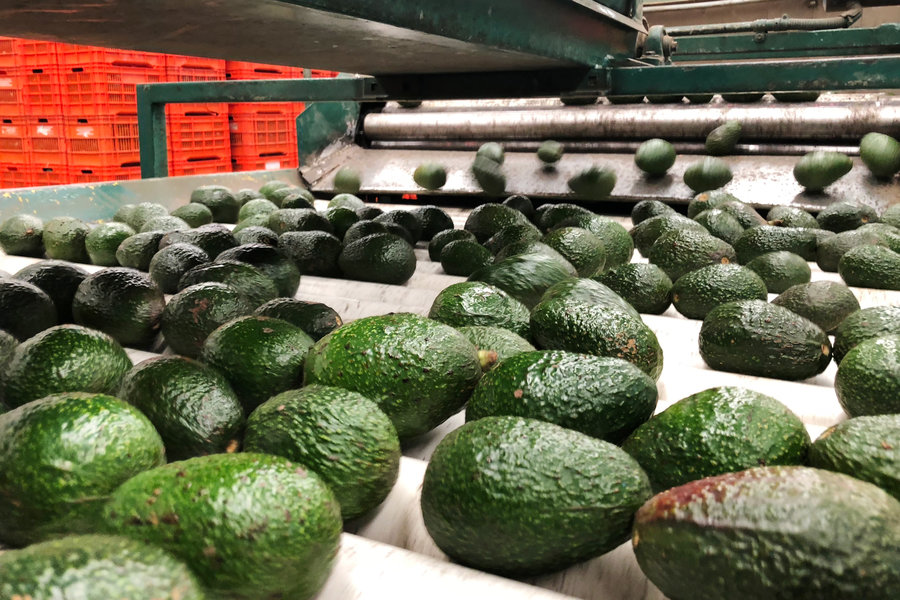The Kenyan government has announced a temporary halt to the export of avocados, effective from November 3, 2023.
The decision, announced by the Horticultural Crops Directorate (HCD), pertains to several popular avocado varieties, including Hass, Pinkerton, Fuerte, and Jumbo, and exclusively applies to sea shipments.
“Following the findings of the survey, we hereby notify the Kenyan avocado stakeholders that the closing of Hass, Pinkerton, Fuerte, and Jumbo harvesting season and export by sea for the 2023/2024 fiscal year shall be in force with effect from November 3, 2023,” said HCD acting Director-General Willis Audi.
“Export clearance (including fruit consignments from the EAC region) shall be granted for air shipment, subject to inspection by the Directorate. Traceability information will be required for all consignments,” he added.
The decision to suspend sea exports of these avocado varieties comes as a response to findings from a survey conducted by the HCD in major production zones. The survey revealed a pressing concern: premature harvesting of avocados. To ensure that only mature and high-quality avocados are exported, the ban will be in effect during the 2023/2024 fiscal year.
Kenya has a history of implementing temporary export bans to tackle the issue of premature harvesting, which has often led to the export of subpar fruit. While this move may raise concerns among farmers and exporters, the government’s intention is to secure the long-term growth of the industry.
Notably, the temporary export ban excludes air shipments, including those from other East African Community (EAC) countries, and is specifically targeted at sea routes.
The announcement comes at a time when the demand for Kenyan avocados has been steadily rising, resulting in better prices for the fruit. During the first half of 2023, Kakuzi, one of Kenya’s agro firms, reported significant growth in profits from avocado exports. The company’s profits more than doubled, reaching KES 654.8 million, up from KES 288.6 million in 2022. This success was largely attributed to increased exports to Europe and China.
While the ban may pose immediate challenges for farmers and exporters, the government’s aim is to maintain Kenya’s reputation as a dependable source of high-quality avocados in international markets. This, in turn, will benefit Kenyan farmers and exporters in the long run by meeting the growing demand for avocados.















